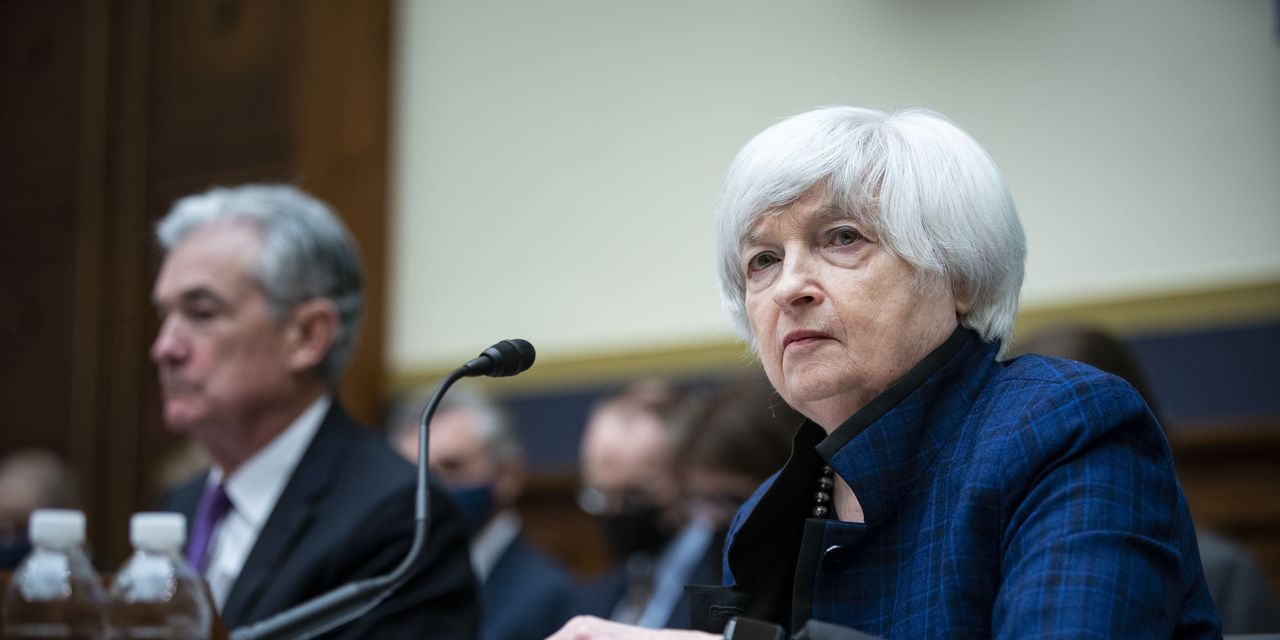
Transcripts released by the Federal Reserve on Friday revealed the extent of officials’ 2016 debate over how fast to move up interest rates after lifting them from near zero at the end of the previous year.
Much of the discussion turned on geopolitical developments—first as a slowdown in China and in commodity prices threatened to cool down the U.S. manufacturing sector and later after voters in the U.K. voted in favor of leaving the European Union.
The Fed ended up raising its benchmark interest rate just once in 2016, in December, weeks after Donald Trump won the presidential election.
Hundreds of pages of transcripts of eight policy meetings in 2016, made public by the central bank after a traditional five-year lag, provide the most complete view of decision-making at the dawn of a transition to “normalizing” policy.
While the policy outcomes of the meetings were announced shortly after they ended, and minutes of the sessions summing them up were released three weeks later, the verbatim transcripts of the discussions weren’t public until now.
The transcripts offered new insight into the thinking of several key players still on the policy-making scene, including Fed Chairman Jerome Powell, who was then entering his fifth year as a governor, and then-Fed Chairwoman Janet Yellen, who is now Treasury secretary.
They show officials grappling that December with how the election of Mr. Trump, who had campaigned on promises to revamp government spending, taxes and trade policy, would reshape the outlook for growth and inflation in the years ahead.
“If the incoming administration changes economic policy in several areas as radically as promised during the election campaign, we will…have to develop an approach to making monetary policy in a setting of much greater” uncertainty, said Stanley Fischer, then the Fed’s vice chairman.
They also reveal officials’ sense of humor at their hourslong policy deliberations. St. Louis Fed President James Bullard opened his discussion of the economy on Dec. 13, 2016, with a joke. “According to some interpretations of the Book of Revelations, when three unusual events occur together, they may be a sign that the apocalypse is near. Let’s take stock,” he began. “The Chicago Cubs have won the World Series, Donald Trump has won the presidency, and Bob Dylan has won a Nobel Prize.”
The transcripts for the meeting show officials mused about how the election revealed broader frustrations with Americans who felt left behind in the economy.
Mr. Trump had criticized the Fed during the campaign when the Republican nominee, in September of that year, had sharply attacked Ms. Yellen, arguing that the central bank was holding rates down to help Democrats at the ballot box.
Mr. Fischer, Ms. Yellen’s second-in-command, warned that under Mr. Trump, “There will likely also be challenges to the current operating procedures of the Federal Reserve and to its independence.”
“Whatever happens, it is critical that we behave—and be seen to behave—with the goal of achieving our dual mandate and with a calmness that we have shown in the past,” Mr. Fischer said. “The bottom line is very simple: We must do our job.”
Write to Nick Timiraos at [email protected]
Copyright ©2022 Dow Jones & Company, Inc. All Rights Reserved. 87990cbe856818d5eddac44c7b1cdeb8








